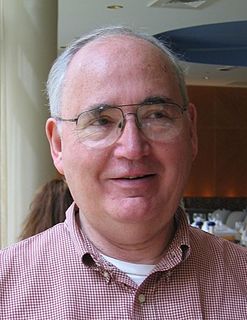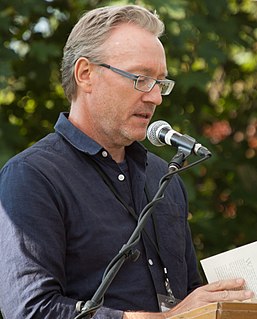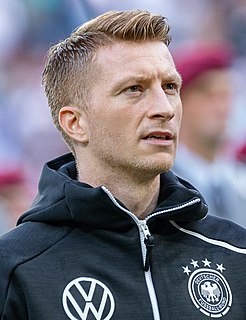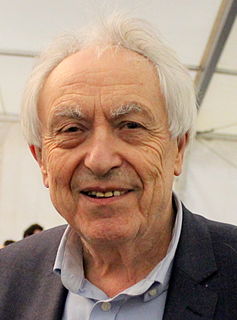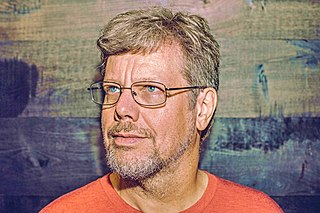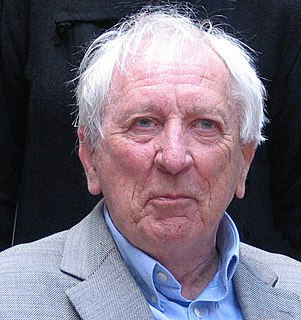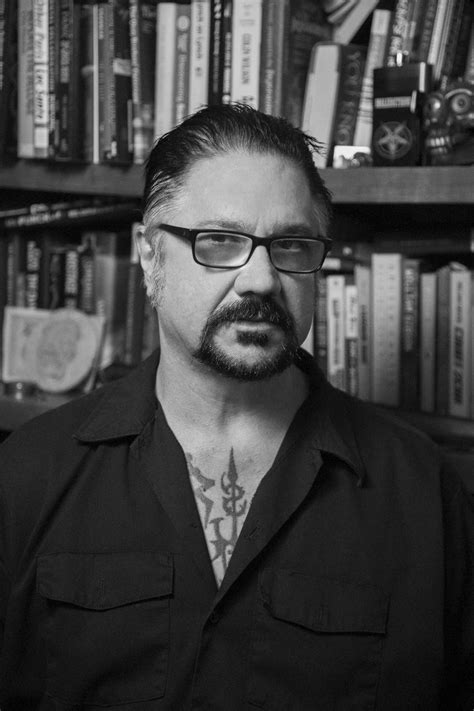A Quote by Dana Scott
When you speak a new language you must see if you can translate all of the poetry of your old language into the new one.
Related Quotes
Nature is a language and every new fact one learns is a new word; but it is not a language taken to pieces and dead in the dictionary, but the language put together into a most significant and universal sense. I wish to learn this language - not that I may know a new grammar, but that I may read the great book which is written in that tongue.
When you are 28, 29 years old... you are aware that this is going to be your last big contract of your career. You have to make up your mind: What is it that I want? Do I want to find something new, a new culture, a new league, a new language, new teammates, a new city? And what is it that I need to be happy? What is it that I need to perform?
We believe we can also show that words do not have exactly the same psychic "weight" depending on whether they belong to the language of reverie or to the language of daylight life-to rested language or language under surveillance-to the language of natural poetry or to the language hammered out by authoritarian prosodies.
Sarah Buckley is precious, because she is bilingual. She can speak the language of a mother who gave birth to her four children at home. She can also speak like a medical doctor. By intermingling the language of the heart and the scientific language she is driving the history of childbirth towards a radical and inspiring new direction.
Whoever lives for poetry must read everything. How often has the light of a new idea sprung for me from a simple brochure! When one allows himself to be animated by new images, he discovers iridescence in the images of old books. Poetic ages unite in a living memory. The new age awakens the old. The old age comes to live again in the new. Poetry is never as unified as when it diversifies.
Ask yourself whether our language is complete--whether it was so before the symbolism of chemistry and the notation of the infinitesimal calculus were incorporated in it; for these are, so to speak, suburbs of our language. (And how many houses or streets does it take before a town begins to be a town?) Our language can be seen as an ancient city: a maze of little streets and squares, of old and new houses, and of houses with additions from various periods; and this surrounded by a multitude of new boroughs with straight regular streets and uniform houses.
As each wave of technology is released. It must be accompanied by a demand for new skills, new language. Consumers must constantly update their ways of thinking, always questioning their understanding of the world. Going back to old ways, old technology is forbidden. There in no past, no present, only an endless future of inadequacy
